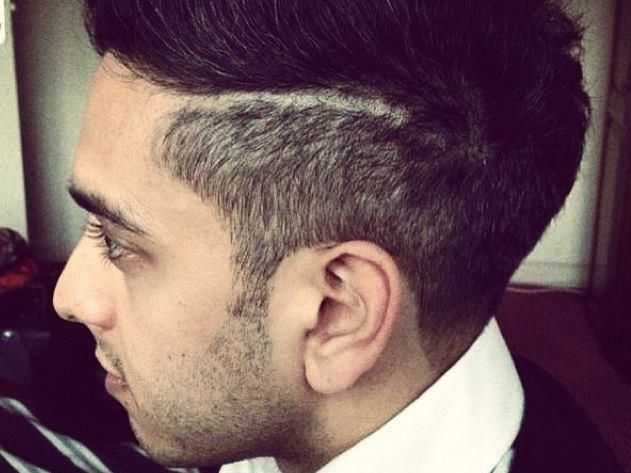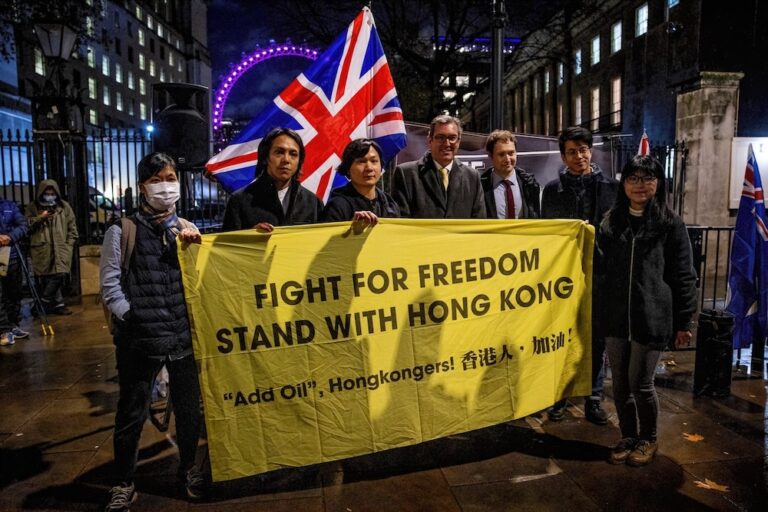Detectives served an order obtained from a judge on the BBC and Secunder Kermani, a Newsnight reporter who has produced extensive reports on jihadis born in Britain. It is understood that the police wanted to read communications between Kermani and a man who had publicly identified himself as a member of the Islamic State.
This statement was originally published on ifj.org on 29 October 2015.
The International Federation of Journalists joined its member union in the United Kingdom and Ireland, the National of Journalists, to condemn the use by the UK police of special powers under the Terrorism Act 2000 to seize the laptop of a BBC journalist and have access to his sources.
Detectives served an order obtained from a judge on the BBC and Secunder Kermani, a Newsnight reporter who has produced extensive reports on jihadis born in Britain. It is understood that the police wanted to read communications between Kermani and a man who had publicly identified himself as a member of the Islamic State.
IFJ president Jim Boumelha expressed disquiet about the action of the police in exploiting the wide-ranging terror legislation to go after journalistic sources “This is a bad day for press freedom. Journalists have an obligation to protect their sources and any police and court action exploiting the wide-ranging terror legislation to force them to reveal their communications, including notes, e-mails, footage and recording, makes it more difficult for them to do their job to inform the public.”
It is understood that the BBC attended the court hearing but did not contest the application or decision of the court, which raises serious questions.
NUJ General Secretary, Michelle Stanistreet, said: “Using journalists as tools of the police in this way has a chilling effect on press freedom and hampers the ability of journalists to protect their sources and do their jobs properly and with integrity. Police and state interference is making the lives of journalists incredibly difficult and potentially jeopardies their safety in the process. Whether it’s the routine use of surveillance by police on journalists, the legal cases brought against journalists accused of corrupting public officials or the targeting of journalists covering public order situations – it all creates a climate where trusting in journalists or being a whistleblower is incredibly difficult.”



